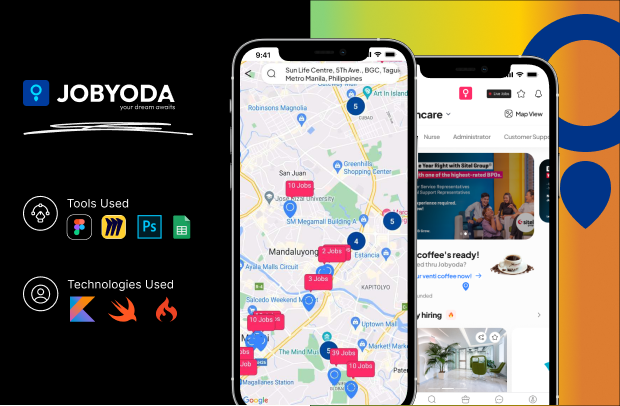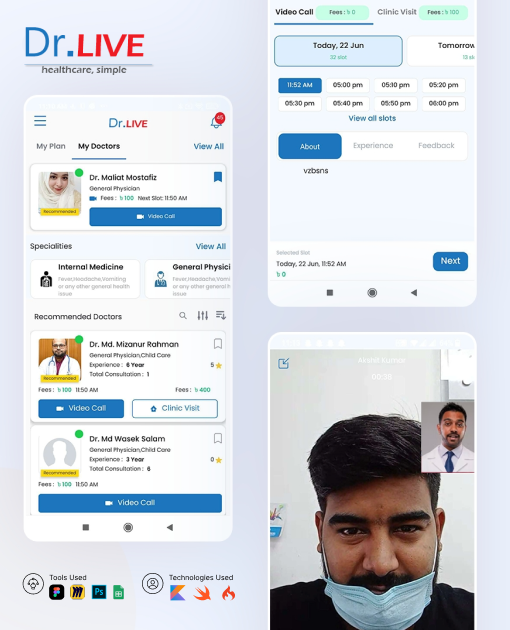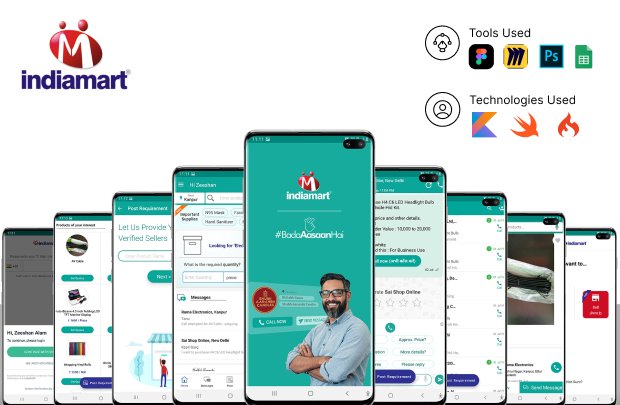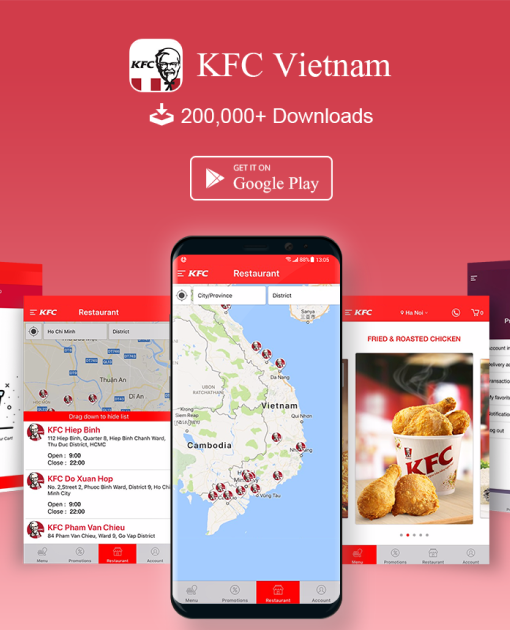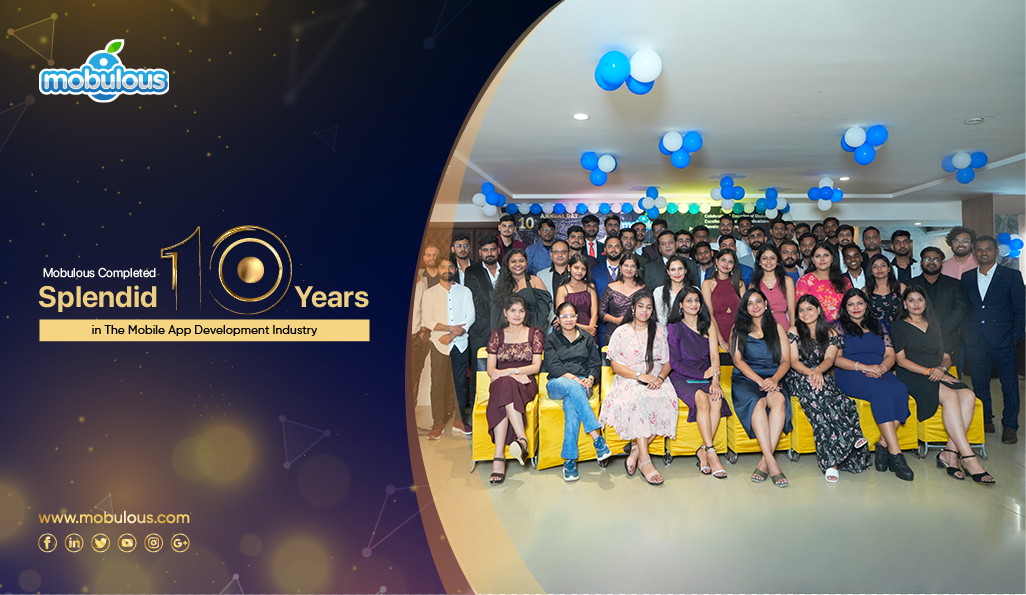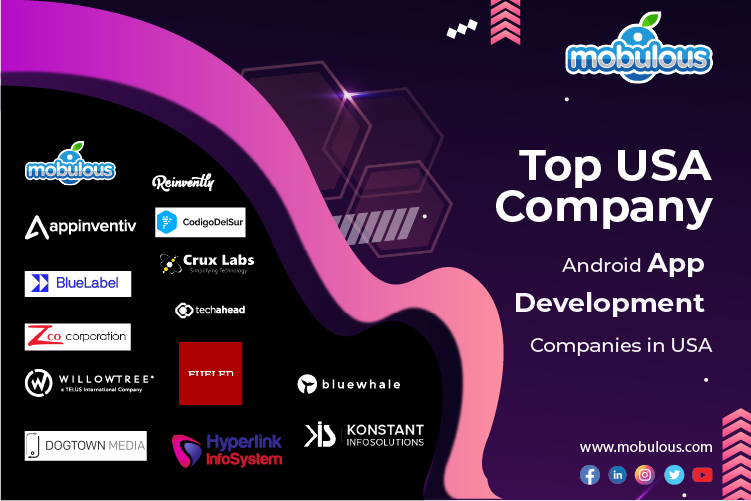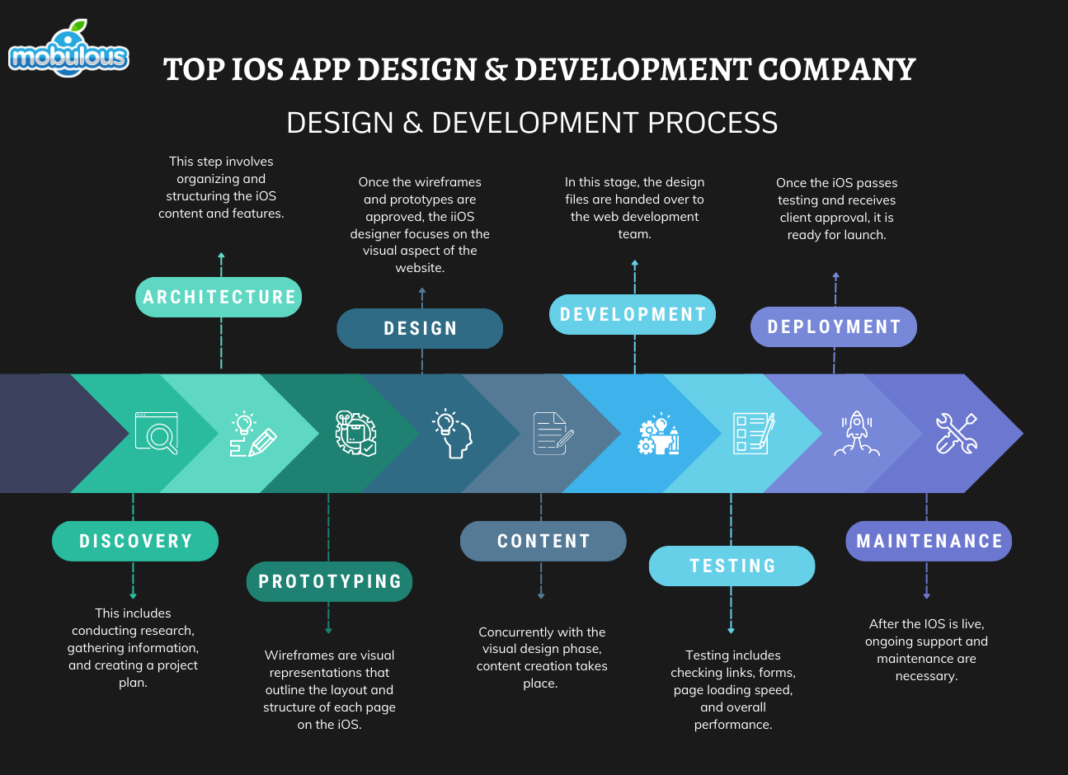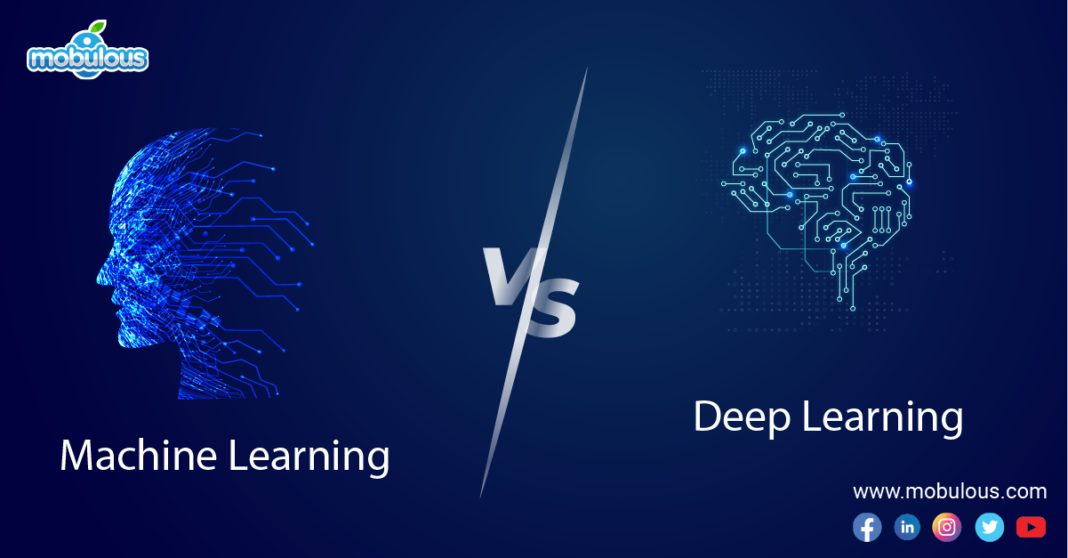What is Logistics Software Development?
Logistics routing software development involves the process of developing technical and specialized digital logistics solutions to optimize and smoothen different facets of supply chain and logistics operations.
This encompasses the design, coding, testing, and implementation of software applications to sort out certain challenges in transportation, warehousing, inventory management, and distribution.
These software solutions strive to increase operational efficiency, reduce costs, and maximize overall performance associated with logistic operations in general. They generally include the functionality of real-time tracking, route optimization, inventory management, and data analytics.
Logistical software development certainly requires a deep understanding of the principles of software engineering and the intricacies of logistics processes in order to come up with tailored solutions to answer exceptional necessities in businesses in the logistics and supply chain industry.
Benefits of Logistics Software Development
Logistics software development offers multiple advantages for businesses of all sizes in the supply chain industry. By implementing customized solutions, one can simplify their operations, reduce costs, and increase efficiency. The following describes seven prime advantages of investing in logistics routing software development, which are highly essential:
1. Enhanced Supply Chain Visibility
It provides constant and real-time tracing and monitoring of products throughout a supply chain. Increased visibility allows better decision-making, proactive resolution of issues, and increased customer satisfaction through accurate delivery estimates and status updates.
2. Improved Inventory Management
Advanced logistics software empowers exact inventory control for stock optimization while minimizing carrying costs. Such stockouts and overstock situations are avoided in order to ensure that the right products are available at the right time and place.
3. Streamlined Order Processing
An automated order management system manages the entire lifecycle of orders from placement to the fulfillment of orders which brings down manual errors, enables faster times in processing, and hence enhances accuracy customer satisfaction, and loyalty.
4. Optimized Route Planning
Logistics software is integrated with intelligent algorithms that give the most effective delivery route, thus reducing fuel consumption, and transport costs, and optimizing on-time delivery performance for several operational savings.
5. Enhanced Data Analytics
Advanced logistics software is equipped with strong analytical tools that can help business people run insightful analyses across large volumes of data. This identifies trends, anticipates demand, and gives impetus to data-driven decisions for bringing improvement in overall business performance and competitiveness.
6. Improved Warehouse Management
Logistics software organizes the receiving, put-away, picking, and shipping processes in a warehouse to promote greater productivity, better space use, and thus lower labor costs with enhanced efficiency in warehousing.
7. Better Customer Service
Logistics software, with real-time tracking, correct information about inventory, and quicker order processing, helps companies succeed in customer service, thus they become satisfied and loyal, and they give positive word-of-mouth referrals.
Key Features of Logistics Software Development
A logistics software development company ensures to integration of the finest features into the logistics software, encompassing a wide range of functionalities that are specifically designed to optimize supply chain operations. Here are eight must-have features of logistics software development:
1. Real-time Tracking and Monitoring
Real-time tracking and monitoring give an overview of the movement of goods along the supply chain to track shipments, vehicles, and inventory in real-time to enable proactive management and timely decision-making.
2. Inventory Management System
An advanced module on inventory allows businesses to easily track their stock and monitor product movements and automatically optimize reorder points, therefore ensuring effective stock controls prevent overstocking and stockouts.
3. Order Management and Processing
Automates the order life cycle from receipt all through to fulfillment. It involves order entry, validation, allocation, picking, packing, and shipping, streamlines the process, and eradicates errors.
4. Route Optimization
The computer calculates smart delivery routes using multiple aspects such as distance, traffic, and delivery windows that minimize transport expenses and affect on-time delivery performance.
5. Warehouse Management System
The warehouse operations, in this module, relate to receiving, put-away, picking, and shipping along with optimum utilization of space, improved productivity, and reduced labor costs with proper inventory organization and workflow management.
6. Transportation Management
This function encompasses all aspects of transportation like the selection of the carrier, load planning, and freight audit supporting optimization of shipping cost and/or carrier performance and strengthening the compliance with the existing transport regulations.
7. Analytics and Reporting
Advanced analytics tools allow businesses to make insightful choices concerning key performance indicators, using customizable dashboards, real-time reports, and predictive analytics on demand to make future-based forecasts.
8. Integration Capabilities
The integration features of the logistics software ensure that it integrates well with other business systems such as ERP, CRM, and e-commerce platforms in order to ensure smooth data flow and process automation across the entire organization.
Prerequisites For Setting Up The Development Environment
Before entering logistics software development, it is necessary to prepare the proper development environment. This ensures smooth workflow, collaboration, and efficient coding processes. Here are five essential prerequisites for setting up the development environment:
1. Version Control System
Implement a version control system like Git for your code's changes, coordination among team members, and a history of modifications. This will enable effective code management and facilitate smooth teamwork.
2. Integrated Development Environment (IDE)
Select an appropriate IDE that is compatible with the programming languages and frameworks used by the logistics software developing team. Examples are Visual Studio, IntelliJ IDEA, or Eclipse and should be equipped with features such as code completion and debugging capabilities.
3. Database Management System
Set up a robust database management system to handle large volumes of logistics data. Options like MySQL, PostgreSQL, or MongoDB can be chosen based on the project requirements and data structure needs.
4. Development Frameworks and Libraries
Install necessary frameworks and libraries specific to logistics software development, including web frameworks, ORM tools, and specialized logistics libraries to streamline the development process and enhance functionality.
5. Testing and Quality Assurance Tools
Include testing frameworks and quality assurance tools to guarantee the reliability and performance of logistics software. Unit testing frameworks, integration testing tools, and performance monitoring solutions would be necessary.
Primary Technologies Used in Logistics Software Development
An advanced logistics software development company makes use of a number of core technologies in the process of developing, deploying, and maintaining highly scalable and secure systems. Key technologies mainly include a mix of programming languages, frameworks, and databases, among other tools that may suit the specific nature of the operations involved in logistics. Following are some of the most key technologies:
1. Programming Languages
- Java: Java programming language is widely used for its scalability, security, and cross-platform capabilities. It is often used in building large-scale enterprise logistics systems.
- Python: Python is known for its simplicity and versatility, Python is used for scripting, automation, data analysis, and backend development in logistics applications.
- JavaScript: JavaScript is essential for front-end development, especially when creating interactive user interfaces. With frameworks like Node.js, JavaScript is also used on the backend.
- C#/.NET: It is commonly used in logistics software, especially in environments that leverage Microsoft technologies. It’s powerful for building enterprise-grade applications.
2. Frameworks
- Spring Boot (Java): A popular framework for building microservices, which are essential in modern logistics software for creating scalable and modular systems.
- Django (Python): A high-level framework that encourages rapid development and clean, pragmatic design, often used in backend development for logistics platforms.
- React.js/Angular.js (JavaScript):React.js and Angular.js are the advanced frontend frameworks that are used to build dynamic and responsive user interfaces for logistics management systems.
- ASP.NET: Used for building robust and secure web applications, particularly in enterprise logistics systems.
3. Databases
- SQL Databases (MySQL, PostgreSQL, SQL Server): Relational databases are used for managing structured data, such as orders, inventory, and customer information. They are known for their reliability and consistency.
- NoSQL Databases (MongoDB, Cassandra): Used for handling large volumes of unstructured data, such as logs, sensor data from IoT devices, and other real-time data sources in logistics.
- In-Memory Databases (Redis, Memcached): Employed for caching and improving the performance of logistics applications by storing frequently accessed data in memory.
4. Cloud Computing
- Amazon Web Services (AWS), Microsoft Azure, Google Cloud Platform (GCP): Cloud hosting platforms offer scalable infrastructure, storage, and computing power. They provide tools for managing logistics operations, from hosting applications to analyzing large datasets.
- Containerization (Docker, Kubernetes): Used to deploy applications in isolated environments, ensuring consistency across development, testing, and production environments. Kubernetes helps manage and scale these containers in cloud environments.
5. APIs and Integration Tools
- RESTful APIs: Widely used for integrating different systems, allowing various logistics software components to communicate with each other and with external services.
- GraphQL: A query language for APIs that provides more flexibility and efficiency compared to REST, especially useful in complex logistics applications.
- Message Queuing (RabbitMQ, Apache Kafka): Tools that handle the asynchronous communication between services, essential in logistics software where real-time data processing is critical.
IoT (Internet of Things)
- IoT Platforms (AWS IoT, Azure IoT Hub): IoT or Internet of Things platforms are used to manage and analyze data from connected devices, such as sensors and RFID tags, which are increasingly used in logistics for tracking shipments and monitoring conditions.
- Edge Computing: Used to process data closer to where it’s generated, reducing latency and improving real-time decision-making in logistics.
7. Artificial Intelligence and Machine Learning
- AI/ML Libraries (TensorFlow, PyTorch): Used for predictive analytics, demand forecasting, route optimization, and automation in logistics.
- Natural Language Processing (NLP): Helps in automating customer support and processing large volumes of logistics-related text data.
8. Security Technologies
- Encryption (TLS/SSL, AES): Ensures that sensitive logistics data is protected both in transit and at rest.
- Identity and Access Management (IAM): Tools like OAuth and SAML are used to manage and secure user identities and access within logistics systems.
- Security Information and Event Management (SIEM): Provides real-time analysis of security alerts generated by applications and network hardware.
9. Data Analytics and Reporting
- Business Intelligence Tools (Tableau, Power BI): Used for visualizing and analyzing logistics data to derive actionable insights.
- Big Data Technologies (Hadoop, Spark): Employed for processing and analyzing large datasets that are common in logistics operations.
10. Version Control and Collaboration
- Git/GitHub/GitLab: Essential for version control, allowing multiple developers to collaborate on logistics software projects while tracking changes and maintaining code integrity.
- CI/CD Tools (Jenkins, GitLab CI/CD): CI/CD tools are used to automate the testing, integration, and deployment of logistics software, ensuring continuous delivery of updates.
Key Modules and Components of the Logistics Software
Logistics software is composed of several interconnected modules and components that work together to optimize supply chain operations. These core elements form the backbone of the system, enabling efficient management of various logistics processes. Here are five key modules and components:
1. Transportation Management System (TMS)
This module handles all aspects of transportation, including route planning, carrier selection, and shipment tracking. It optimizes delivery routes, manages fleet operations, and provides real-time visibility into the movement of goods across the supply chain.
2. Warehouse Management System (WMS)
The WMS module oversees all warehouse operations, from inventory receipt to order fulfillment. It manages storage locations, picking processes, and inventory levels, ensuring efficient space utilization and streamlined warehouse workflows.
3. Order Management System (OMS)
This component manages the entire order lifecycle, from placement to fulfillment. It processes orders, allocates inventory, coordinates shipping, and provides status updates to customers, ensuring timely and accurate order execution.
4. Inventory Control Module
This module maintains accurate stock levels across multiple locations. It tracks product movement, manages reorder points, and provides insights into inventory turnover, helping prevent stockouts and overstocking situations.
5. Analytics and Reporting Dashboard
This component aggregates data from various modules to provide actionable insights. It offers customizable reports, real-time performance metrics, and predictive analytics, enabling data-driven decision-making and continuous process improvement.
What External APIs Does The System Integrate With?
Logistics software natively integrates with several external APIs in order to create more functionality and interoperability.
This would include the carrier APIs, which provide real-time shipping rates and tracking and payment gateway APIs in order to ensure safe transactions, mapping APIs for route optimization, and weather APIs to predict probable disruptions.
It also provides for integration with e-commerce platforms, ERP systems, and CRM tools as standard so that data can flow without a hitch throughout the entire business ecosystem.
How Does Logistics Software Improve Logistics Operations?
Logistics software significantly boosts the operations by automating and optimizing different processes across the supply chain. It provides up-to-date information on inventory levels at each point of the supply chain, the status of shipments, and warehouse operations in time to take corrective measures whenever needed.
It streamlines the entire ordering process while minimizing order processing errors, hence enhancing fulfillment speed. The route optimization feature is aimed at cutting down the transportation costs and ensuring fast delivery times. The use of advanced analytics will also give insights into better forecasting and resource allocation.
It puts together the different dimensions of logistics, thus eliminating isolated data and enhancing the communication between them, thereby increasing efficiency. Operational costs go down, and customer satisfaction rises, including competitiveness in the marketplace.
System Requirements For Installing This Software
The system requirements for installing logistics software can vary depending on the specific solution and scale of operations. Generally, a robust server infrastructure is necessary to handle data processing and storage. This may include high-performance servers with multi-core processors and sufficient RAM (often 16GB or more).
Adequate storage capacity is crucial, with scalable options like SAN or NAS systems recommended. A reliable, high-speed internet connection is essential for real-time data synchronization and API integrations.
The software typically requires a compatible operating system (e.g., Windows Server, Linux) and may need specific database management systems (e.g., SQL Server, Oracle). Additionally, client machines should meet minimum hardware and software specifications to run the user interface effectively.
Why Partner With a Logistics Software Development Company?
Partnering with a specialized logistics software development company can provide significant advantages for businesses looking to optimize their supply chain operations. These experts bring industry-specific knowledge and technical expertise to create tailored solutions. Here are six key reasons to consider such a partnership:
1. Industry Expertise
A logistics software development company possess in-depth knowledge of the supply chain industry. They understand specific challenges and best practices, enabling them to develop solutions that address unique logistics needs effectively.
2. Customized Solutions
A robust logistics software development company can create bespoke software tailored to your specific business requirements. This customization ensures that the solution aligns perfectly with your processes, maximizing efficiency and addressing your particular pain points.
3. Cutting-edge Technology
Specialized developers at the best logistics software development company stay updated with the latest technological advancements in logistics. They can incorporate emerging technologies like AI, IoT, and blockchain into your software, keeping your business at the forefront of innovation.
4. Scalability and Flexibility
Professional developers at logistics software development company design solutions with scalability in mind. As your business grows, the software can be easily adapted and expanded to accommodate the increased volume and complexity of operations.
5. Continuous Support and Maintenance
Partnering with a logistics software development company ensures ongoing technical support and regular updates. This helps maintain the software's performance, security, and relevance over time, reducing long-term maintenance costs.
6. Focus on Core Business
By outsourcing a logistics software development company, you can focus on your core logistics operations. This allows your team to concentrate on strategic business activities while experts handle the technical aspects of software development.
How to Partner With the Right Logistics Software Development Company?
Selecting the right logistics software development company is crucial for the success of your project. It requires careful consideration of various factors to ensure a good fit with your business needs and goals. Here are seven key points to guide you in choosing the right partner:
1. Assess Their Industry Experience
Look for a logistics software development company with a proven track record in logistics software development. Their portfolio should demonstrate successful projects in the supply chain industry, showcasing their understanding of logistics-specific challenges.
2. Evaluate Technical Expertise
Ensure the logistics software development company has proficiency in relevant technologies and programming languages. They should be familiar with logistics-specific tools and frameworks, as well as emerging technologies like AI and blockchain.
3. Check Client References
Request and contact client references to gauge the logistics software development company’s performance and reliability. This provides insights into their work quality, communication skills, and ability to meet deadlines and budgets.
4. Analyze Their Development Process
Understand their software development methodology. Look for a genuine logistics software development company who follow agile practices, emphasize regular communication, and involve clients throughout the development process for better alignment with your needs.
5. Consider Communication and Cultural Fit
Effective communication is crucial for project success. Choose a logistics software development company whose communication style aligns with yours and who demonstrates cultural compatibility with your organization.
6. Evaluate Support and Maintenance Offerings
Inquire about post-development support and maintenance services. A good logistics software development company should offer ongoing technical support, regular updates, and a clear plan for addressing future needs and issues.
7. Assess Cost and Value Proposition
While cost is important, prioritize value over the lowest price. Consider the long-term benefits, quality of work, and potential ROI when evaluating different logistics software development company’s proposals.
 Contact us
Contact us




















